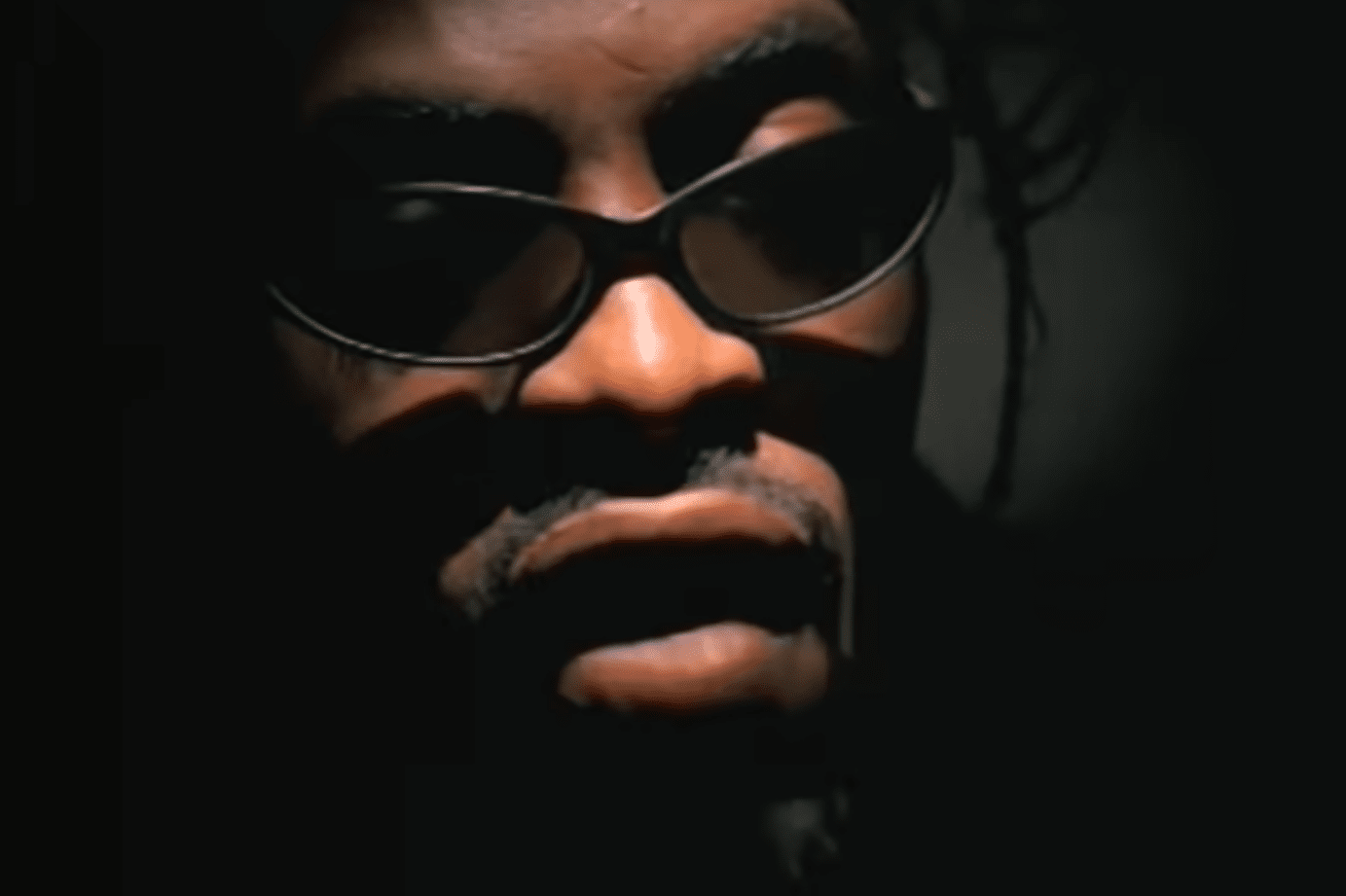Sampling has been one of the most revolutionary and divisive practices in the modern music landscape. Sampling is a common practice in the hip-hop, electronic, and pop genres that entails reusing audio fragments from previously released recordings in new works. Both the revolution in music production and the discussions it has raised about originality and copyright are the results of this technique. Examining sampling’s lasting impact on the music industry can help us better understand it.
The Historical Roots

Sampling’s roots can be traced back to the early 20th century, when experimental musicians used tapes and phonographs to create avant-garde tunes, while modern audiences might mostly connect the method with hip-hop. Sampling became more available with the development of digital technology in the late 1970s and early 1980s, which paved the way for the growth of hip-hop pioneers like Grandmaster Flash and Public Enemy, who converted vintage soul and funk records into novel aural environments.
A Bridge Across Genres
Sampling has served as a means of exposing listeners to a variety of genres. A top-charting hip-hop song may incorporate a vintage jazz or blues recording into its composition. By doing this, classic musicians and sounds from earlier eras are introduced to younger audiences. This fusing and contextualizing of musical themes adds to the complex tapestry of contemporary music, resulting in hybrid genres and distinctive soundscapes. Amazing creativity has been made possible by sampling, but it has also presented moral and legal dilemmas. High-profile legal disputes over artistic creations, like the one involving Vanilla Ice and Queen & David Bowie over the song “Ice Ice Baby,” have prompted debate. As a result, sample use by musicians is now permitted under more structured license agreements and within a clearer legal framework.
Our perception of originality has changed fundamentally as a result of sampling. Does using samples make a song less creative than one that is entirely original? The fact that sampling has enabled artists to stand on the shoulders of legends by recycling historical sounds to comment on modern experiences and topics is indisputable, despite the ongoing dispute on the topic. Sampling has many different effects on the music business. It’s evidence of the creative process’s ever-evolving nature, showing how the new and old can coexist harmoniously to create captivating, resonant soundscapes. The practice of sampling will develop along with technology and the music business, assuring its place in music history.